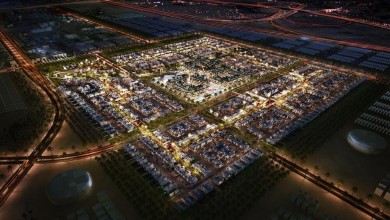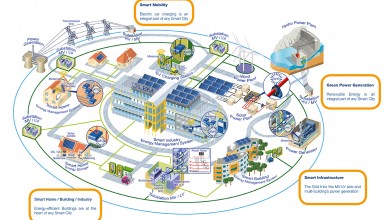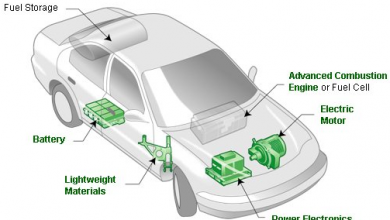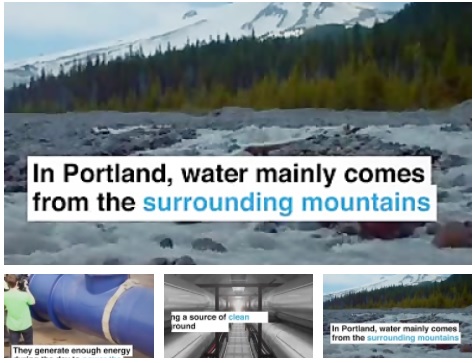Energy Democracy
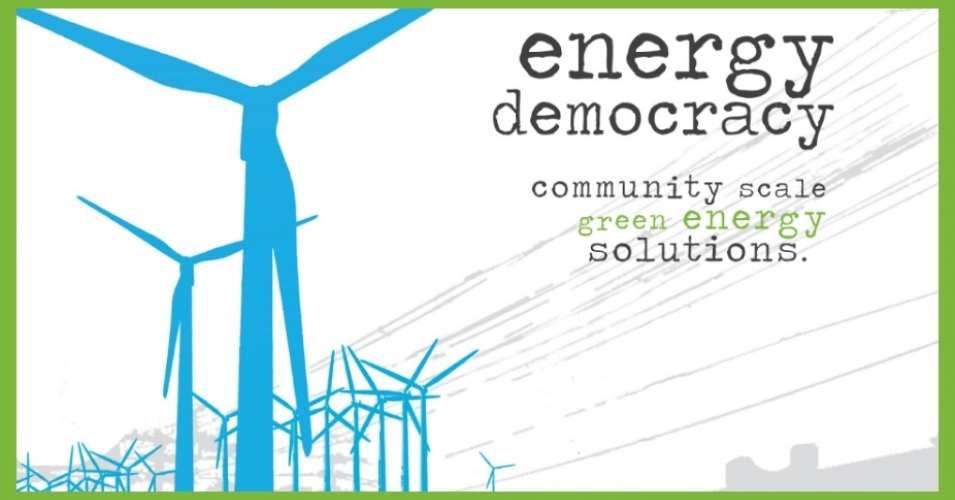
Energy Democracy
Energy democracy can be defined as an interdisciplinary concept relating politics, economics, and social and cultural concepts. It can also be considered as an attempt to redefine energy policies based on strengthening democracy and participation and a new way of public and local ownership.
Such transition and ownership will be accompanied by promotion of consumers to partners in energy generation as well as the emergence of new actors and renewable energy cooperatives and the active role of municipalities, the expansion of geographically dispersed local power stations owned by the community which will replace centralized power plants affiliated to power centers and monopolistic companies.
“Ultimately, energy democracy redefines individual consumers as citizens, energy commodities and provisions as public
goods, and infrastructure as public works or common resources” . (Burke & Stephens, 2018)
- دموکراسی انرژی را می توان به عنوان یک مفهوم میان رشته ای مرتبط با سیاست ، اقتصاد و مفاهیم اجتماعی و فرهنگی تعریف کرد. همچنین می تواند به عنوان تلاشی برای تعریف مجدد سیاست های انرژی مبتنی بر تقویت مردمسالاری و مشارکت و روشی جدید از مالکیت عمومی و محلی در نظر گرفته شود.
- این انتقال و مالکیت با ارتقا مصرف کنندگان به شرکای تولید انرژی و همچنین ظهور بازیگران جدید و تعاونی های انرژی های تجدید پذیر و نقش فعال شهرداری ها ، گسترش نیروگاه های محلی پراکنده از نظر جغرافیایی متعلق به جامعه همراه خواهد بود که جایگزین خواهد شد. نیروگاههای متمرکز وابسته به مراکز قدرت و شرکتهای انحصاری.
- “در نهایت ، دموکراسی انرژی ، تعریف مجدد مصرف کنندگان فردی را به عنوان شهروند ، کالاهای انرژی و مواد اولیه را به عنوان عمومی تعریف می کند
- کالاها و زیرساخت ها به عنوان کارهای عمومی یا منابع مشترک “. (Burke & Stephens، ۲۰۱۸
Principles of energy democracy
Although energy democracy definitions and principles are expressed in different versions, key principles have been defined to break the monopoly in the energy production and distribution network:
- Global access and social rights
- Renewable, sustainable and local energy
- Public and social ownership
- Fair pay and green jobs
- Democratic control and participation (“Principles of Energy Democracy,” n.d.)
گرداورنده: سید محسن مدنی


